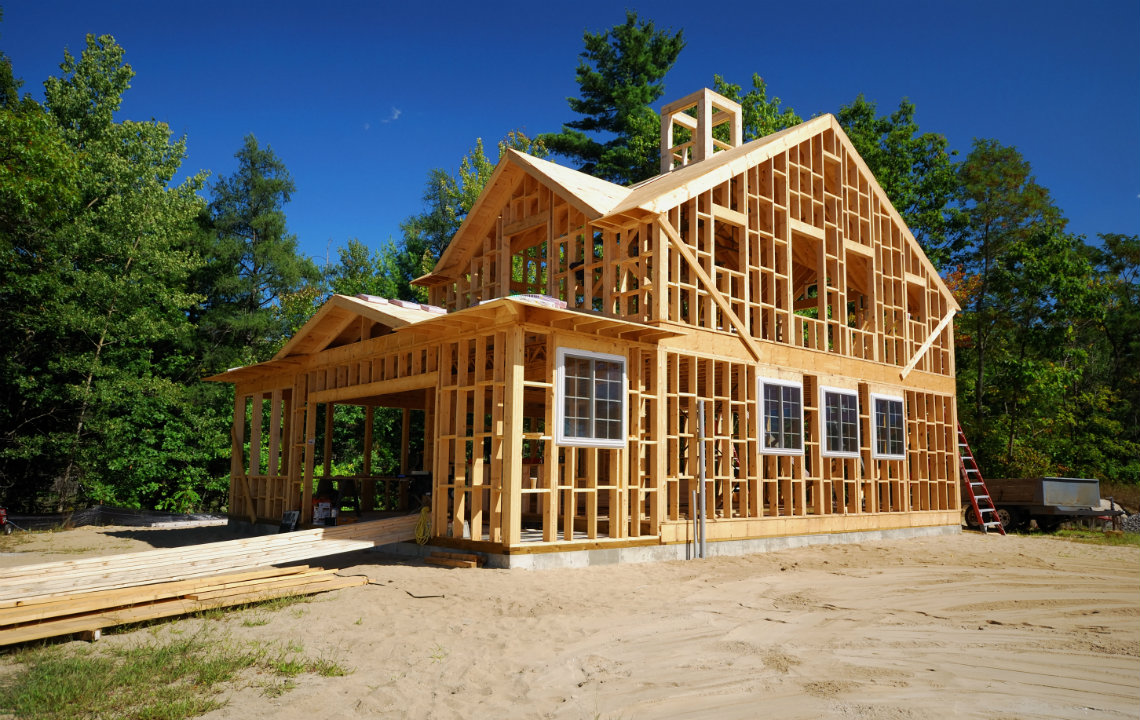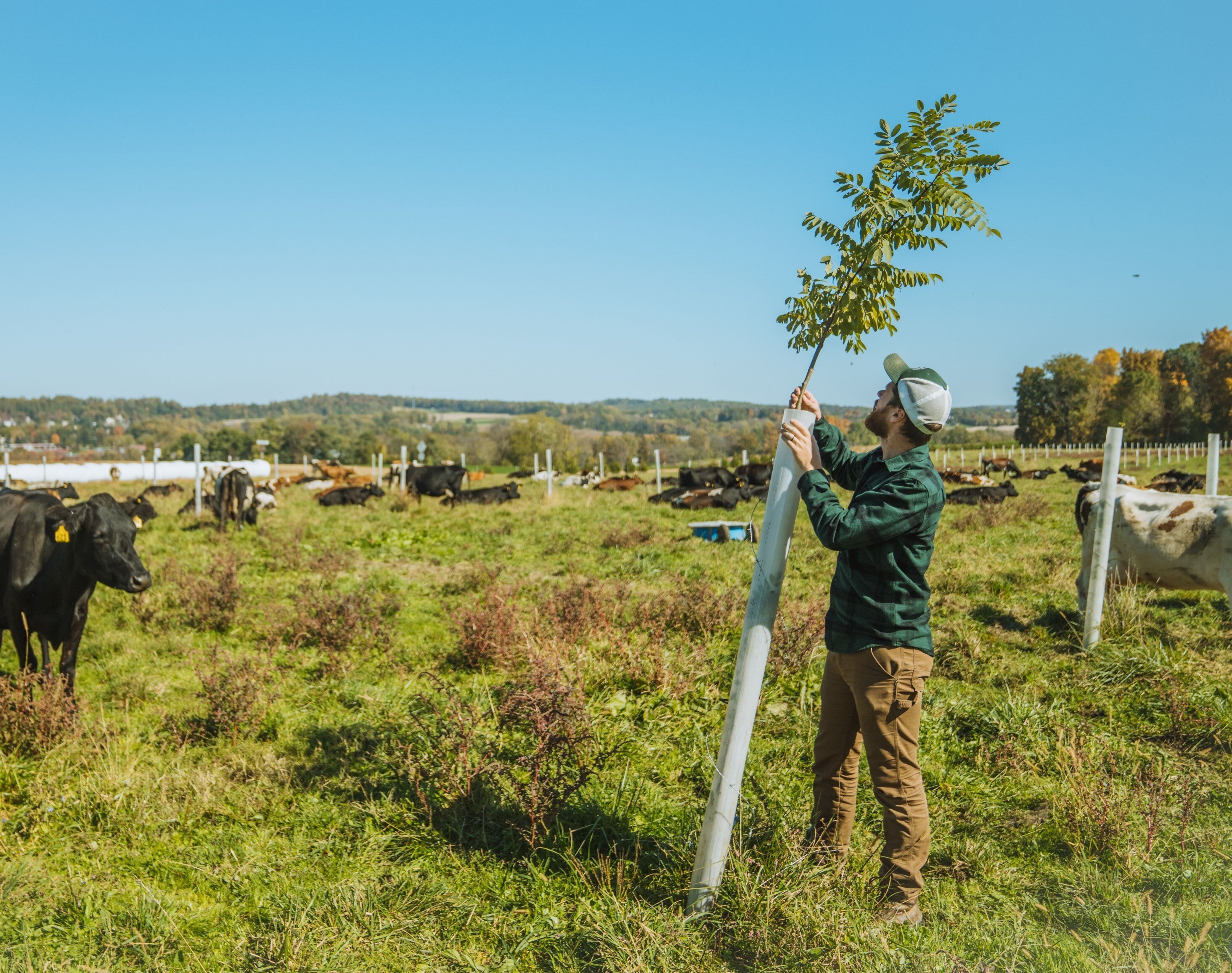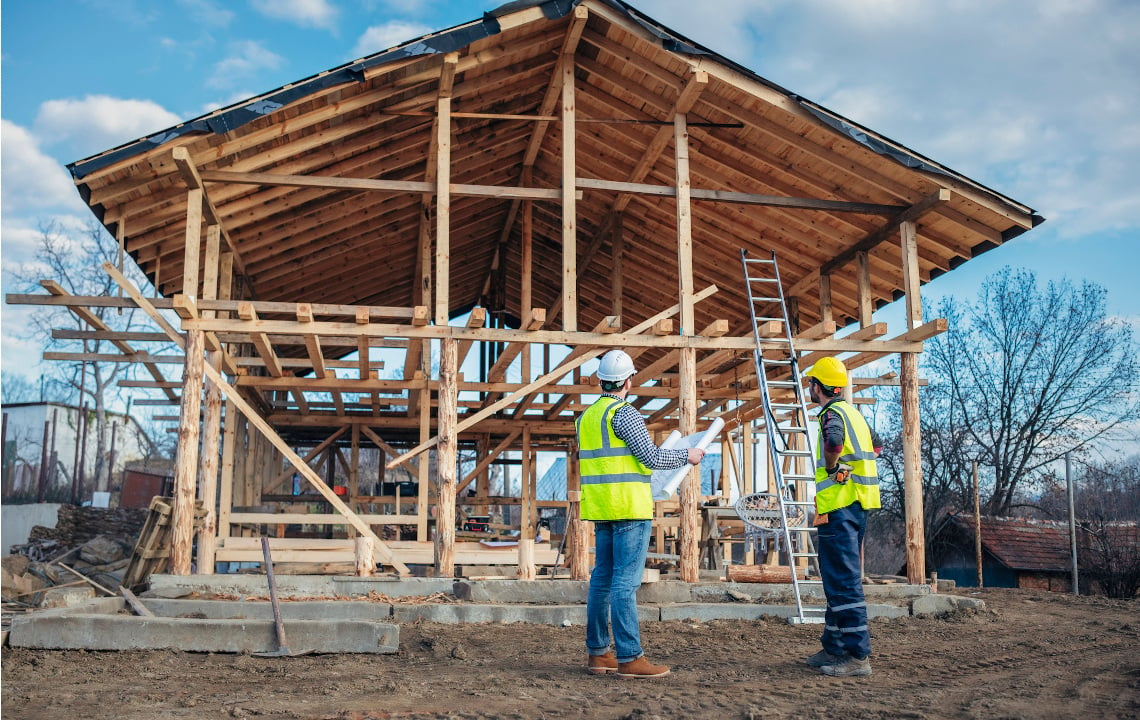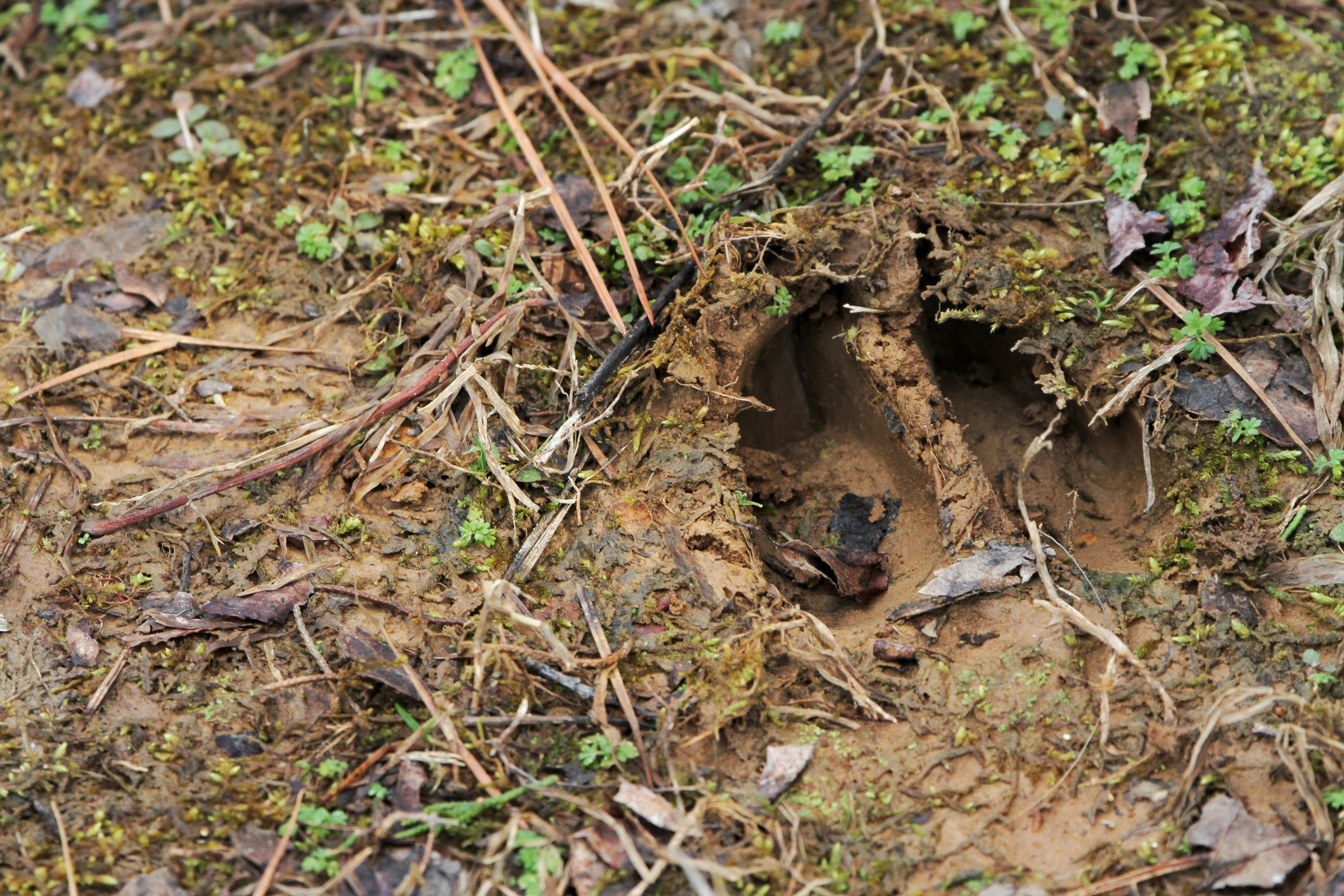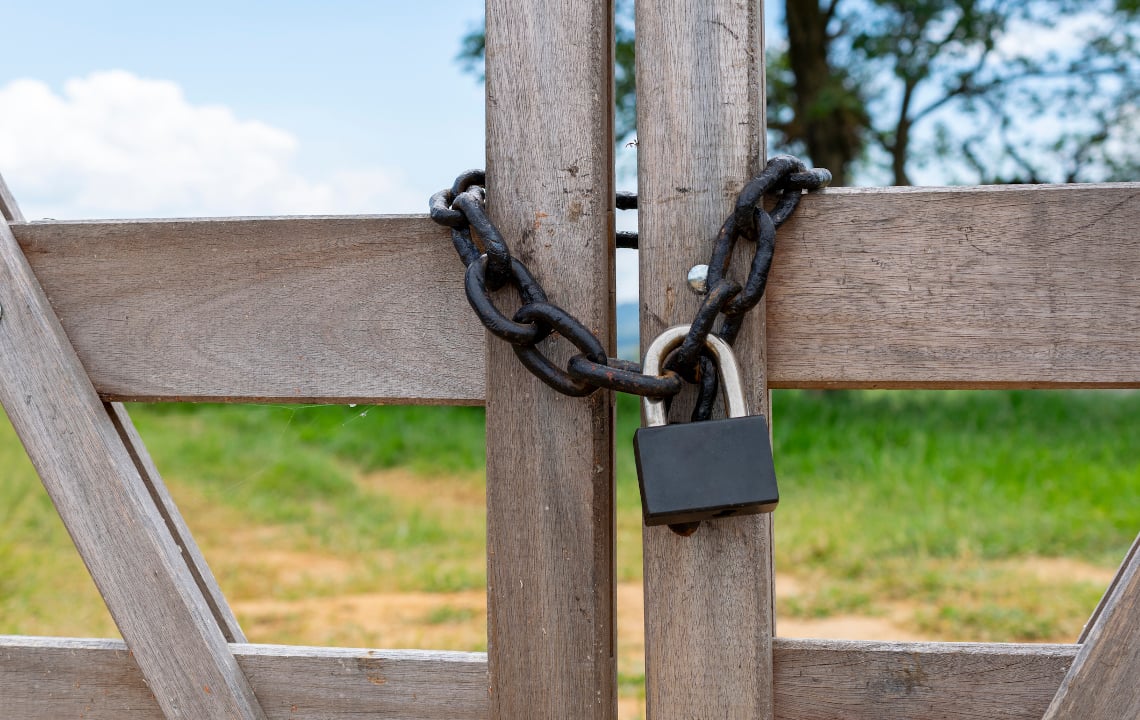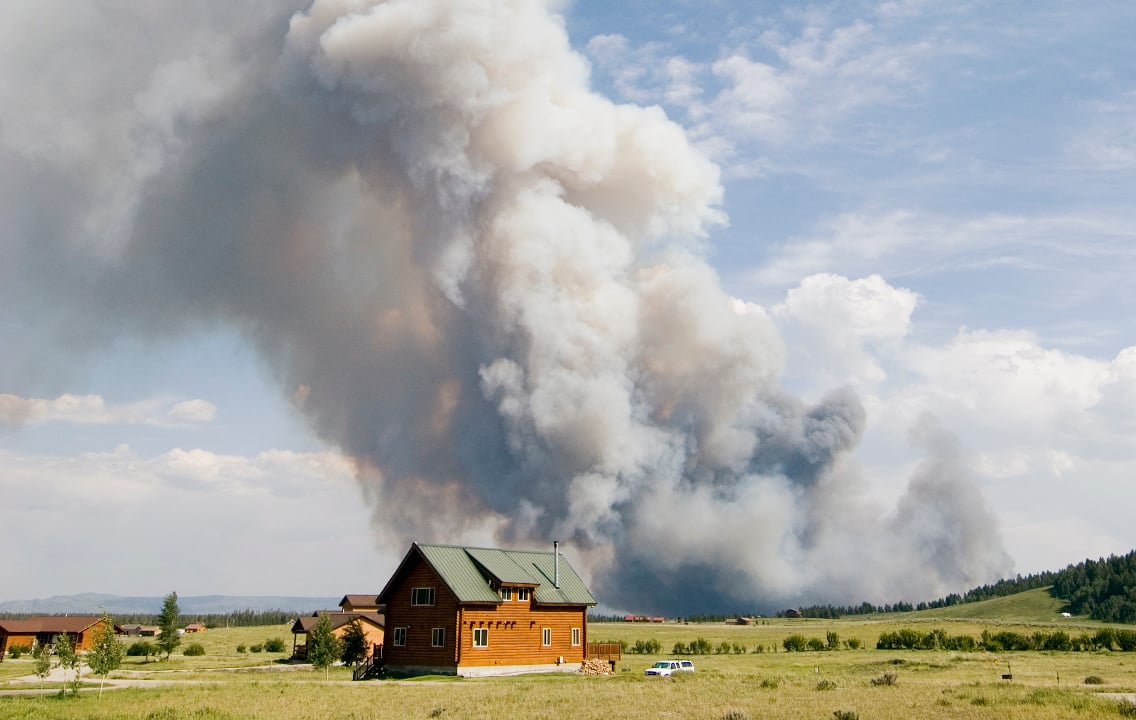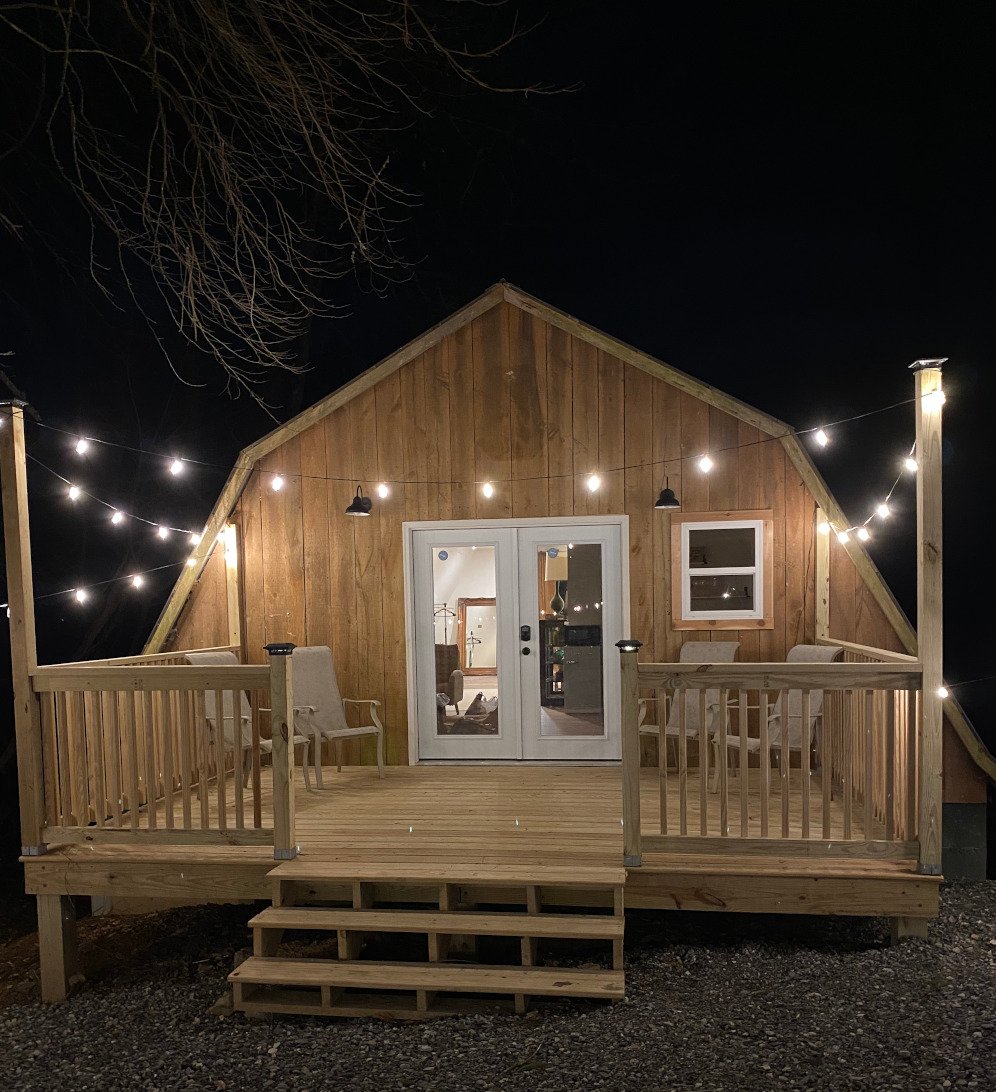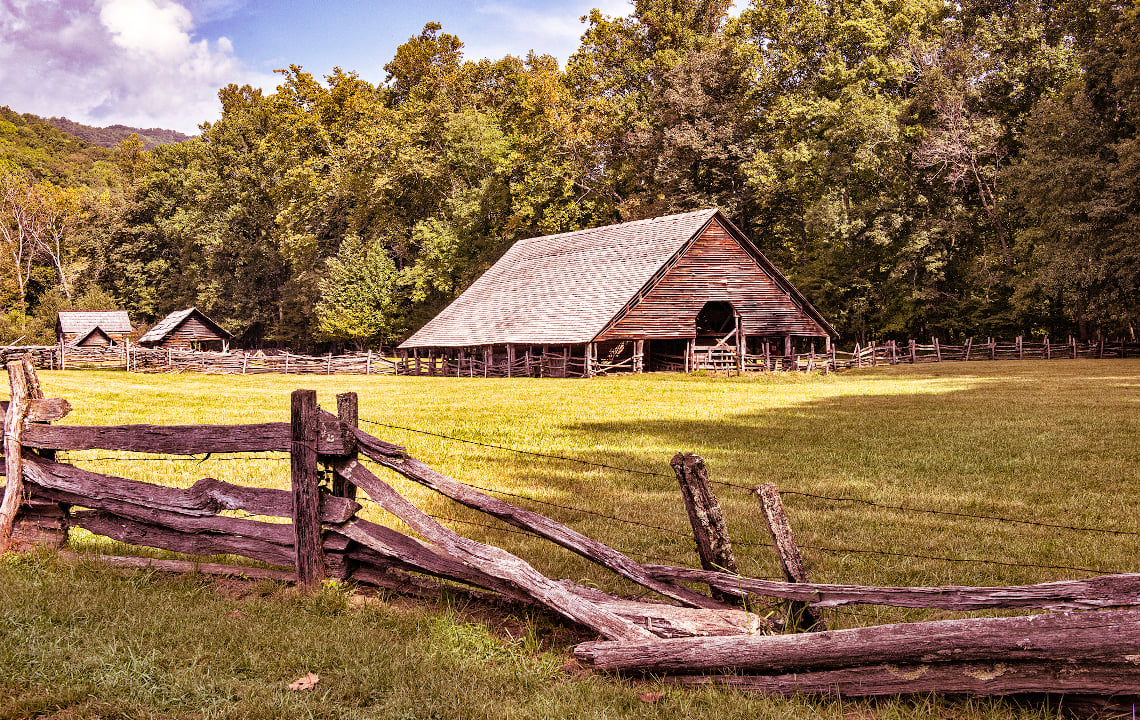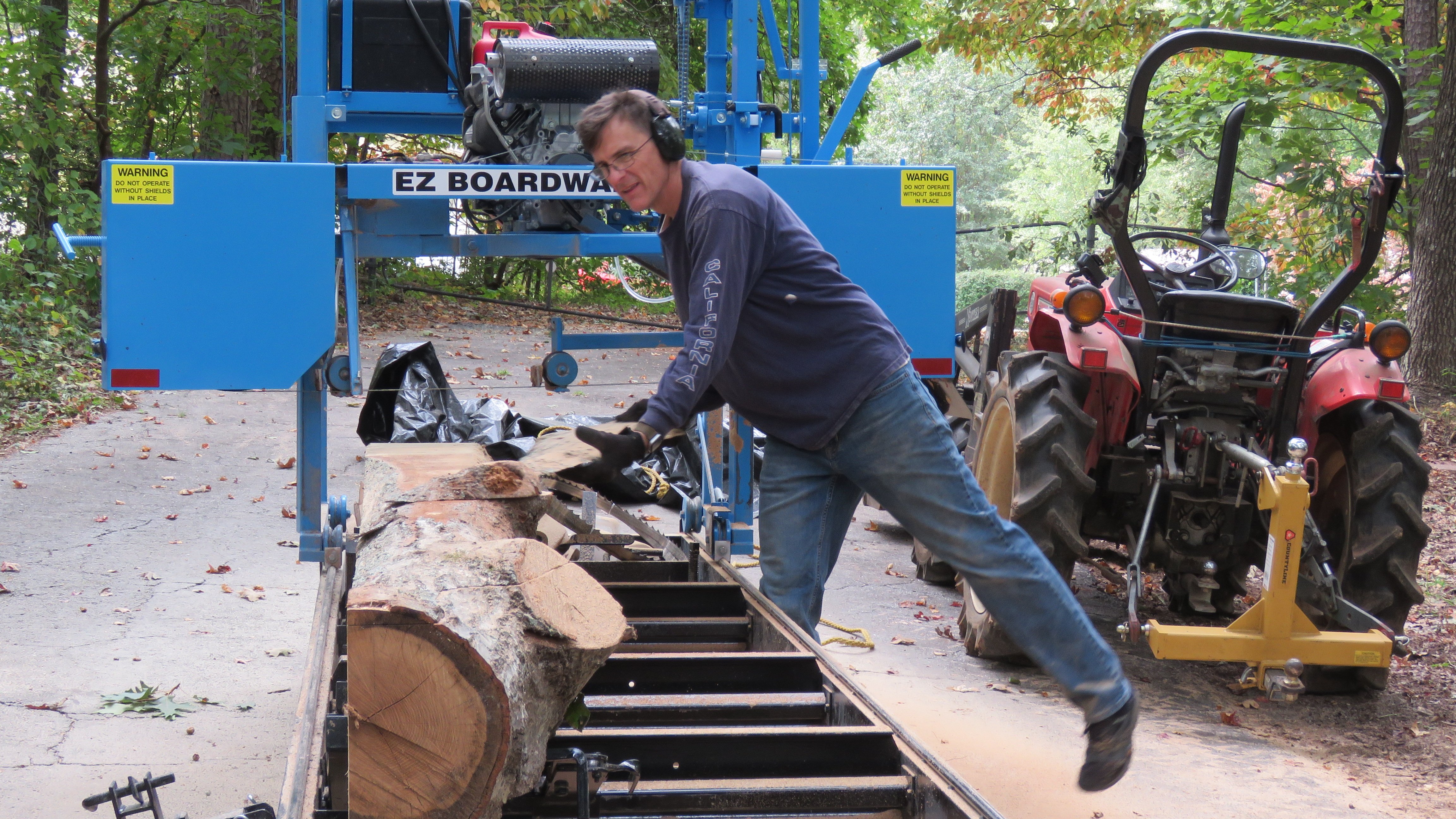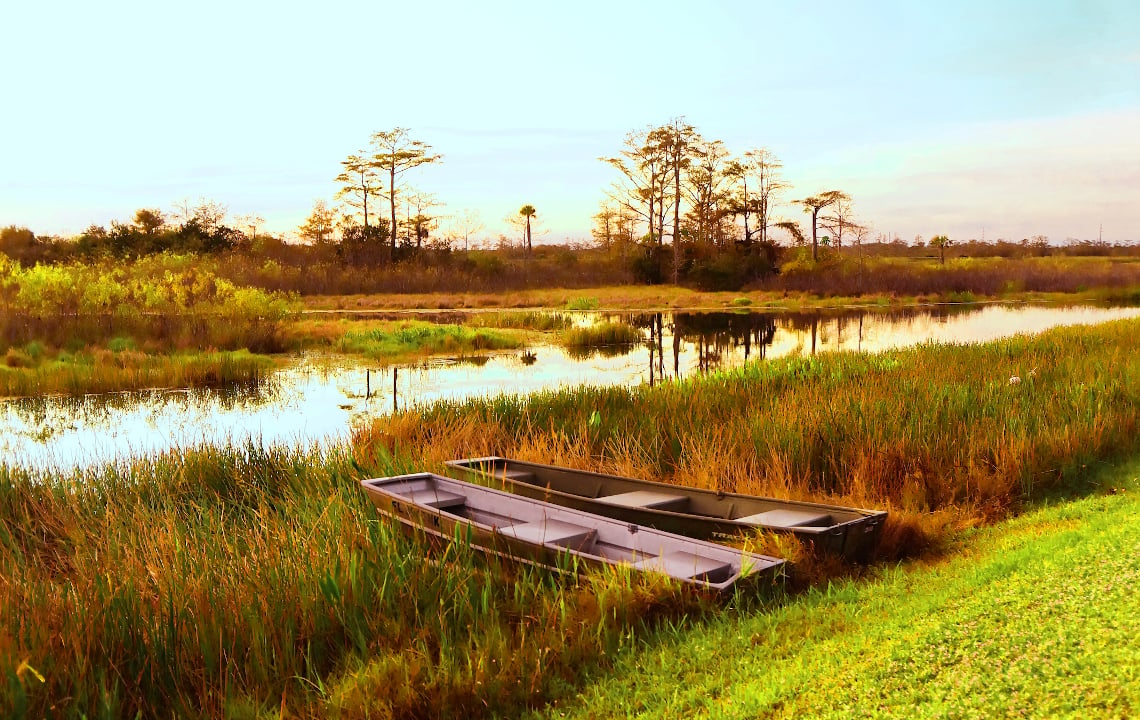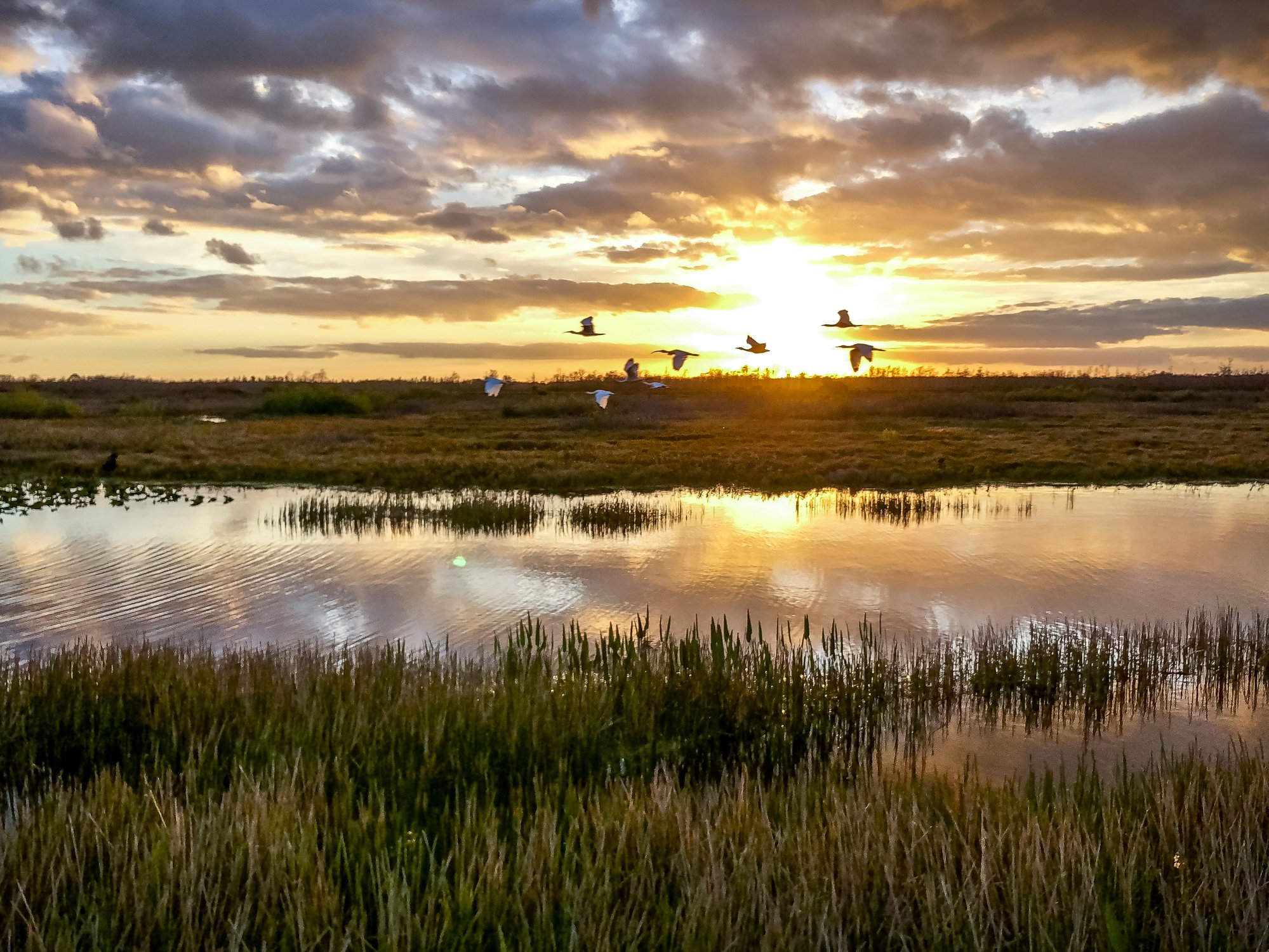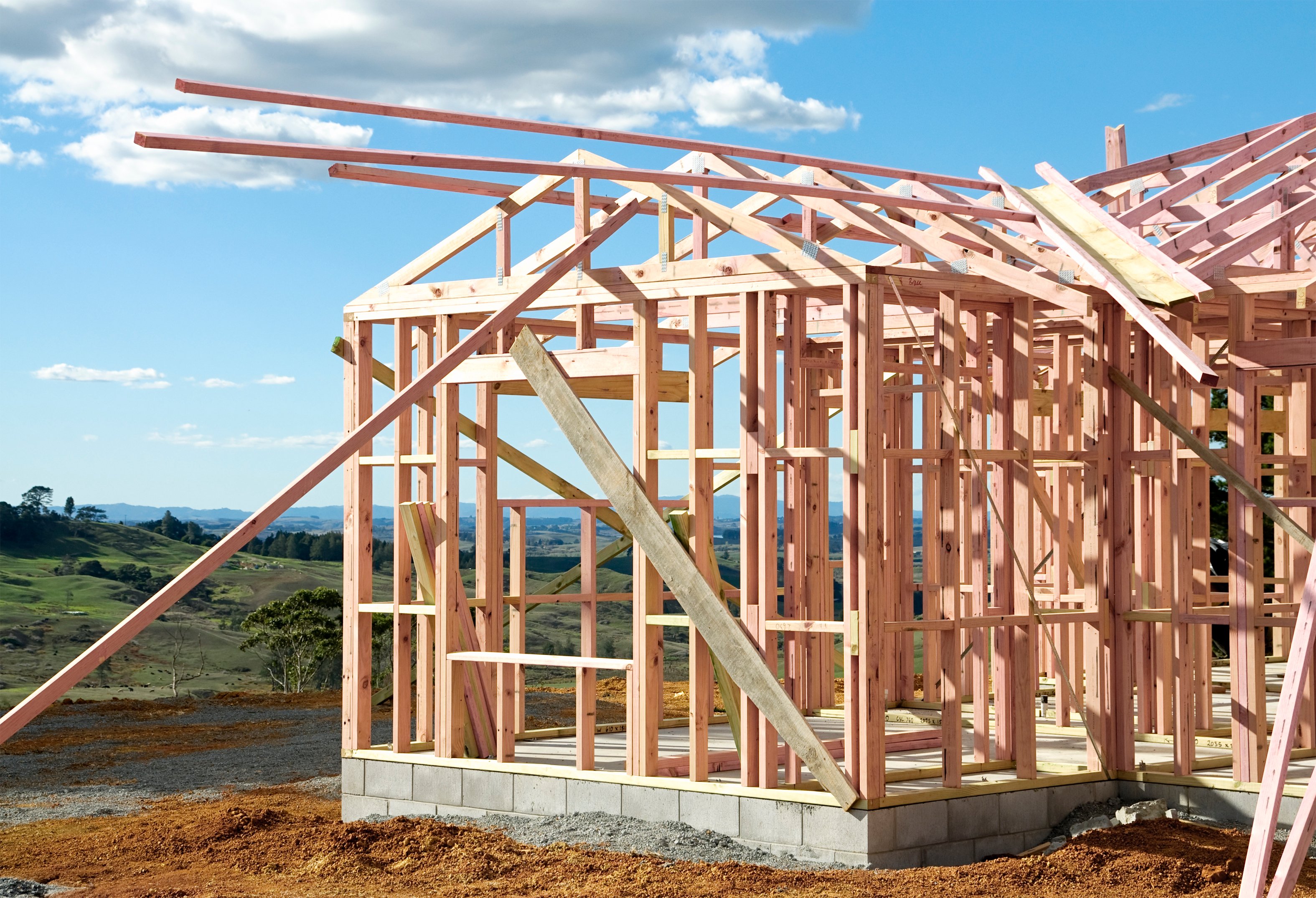You’ve bought the land. You have your house plans. All that remains is to choose the best location on your property to build your home. Nothing to it, right?
Not so fast, warns Rick Bourne, land agent with Southeastern Land Group, based in Greenville, Alabama. You need to take into account several factors, including these 5:
1. Consider topography when choosing a spot for your house
“One of the more important things would be the topography of the land,” he says, “Look at where you are going to place the home in relation to a floodplain.”
 Finding that important detail may be as simple as looking up your property on the Federal Emergency Management Agency site (FEMA.gov).
Finding that important detail may be as simple as looking up your property on the Federal Emergency Management Agency site (FEMA.gov).
Another aspect to pay attention to is placement of a septic tank, which is usually required in rural areas. “To be able to have a septic tank, the land will have to pass a perc (or perk, short for “percolation”) test, making sure that the soil is suitable.” A county engineer will conduct the test on your septic site so that you can obtain a permit from the health department.
Bourne recommends getting a soil test, too, for the house foundation. “If you’re going to build a house on a concrete slab, there are some soils that are suitable,” he explains. Other soils, however, may shift and “may need some extra engineering to keep the slab from cracking or crumbling.”
2. A good building site for a home has more than just a great view
Familiarize yourself with the entire property, Bourne says. “If you have owned the land for a while, you probably already know where the different views are and have an idea of where you want to build,” he says. “But you’d be surprised how many people buy a piece of property and pick out a home site without really walking the whole property. The last thing you want to do is find an easy spot to build and then, down the road, find yourself saying, ‘I wish I had built my house over here because of this view.’”
Choosing the right home site requires a bit of looking into the future, too. “Rural living has its perks as far as no restrictions, no codes, no permits,” Bourne says. “But that’s a double-edged sword. Your neighbor may exercise his freedom for rural living and use his land for something that may not be to your liking.”
This point is especially important when choosing where you place your house. “Let’s say that you build your house up on a hill with a pretty view of your neighbor’s big pasture,” he says. “Let’s say the property sells and someone puts in a big commercialized farm right in front of the view at the front of your house. You built it for that view to look at that pasture and, all of the sudden, large metal structures are going up for a commercial farm.”
3. Consider where your driveway will be when choosing where to build
Where you choose to put your drive is also important. “It’s a lot more complicated than just picking out that beautiful home site that sits up on top of the hill,” Bourne says. “You need to think about access and being able to build up there. The longer the drive and the more drastic the elevation, the more maintenance cost you may incur in the future,” he explains.
Privacy is also an issue. “If you want a rural setting where you want to feel secluded, you might want to put your drive toward the middle of the road frontage as opposed to close to a property line,” Bourne says. That way you avoid passing neighbors or future neighbors each time you ride down your own drive.
4. Build your home with utilities in mind
Bourne recommends taking into consideration how your home will be powered as well. “The cost to run power to your home could be a large percentage of your budget and should be estimated on the front end,” he says. “This is a very important part of choosing where to build on your property. I've seen power companies in my area charge close to $8 per-foot to install above-ground power lines. When you're running power long distances across your rural acreage, it can add up fast. For example, a square 40 acres is 1,320-feet across. At $8 per-foot, that is over $10,000.”
Tip: Need an expert's eyes to help you choose a spot for your house? A land planner or architect can give you suggestions on aesthetics. You may also want to consult with an experienced land surveyor.
5. Get Expert Advice Before Building
“Ultimately, my advice would be to hire a professional land agent,” Bourne says. These types of questions and concerns are “things that we deal with every day. We can point the buyer in the right direction and make it a smooth process.”
Not only newcomers but long-time rural dwellers as well can benefit from this type of professional expertise if they are planning to build. “They may have purchased rural land with an existing home or cabin in the past,” he says. “But building a home on a new piece of property can be a completely different deal.”


